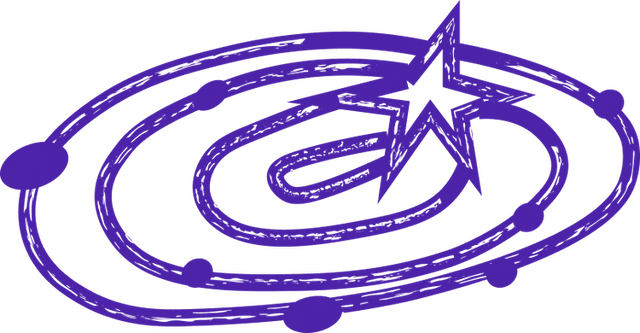
what is conflict resolution and mediation skills
What is Conflict Resolution And Mediation Skills - Startup House
Effective conflict resolution and mediation skills require a combination of communication, negotiation, problem-solving, and emotional intelligence abilities. These skills are crucial for fostering understanding, empathy, and collaboration between conflicting parties, and for finding mutually acceptable solutions that address the underlying issues and interests of all parties involved.
One of the key aspects of conflict resolution and mediation skills is the ability to actively listen to and empathize with the perspectives and concerns of all parties involved in the conflict. By demonstrating empathy and understanding, mediators can help build trust and rapport with the conflicting parties, which can ultimately lead to more productive and constructive dialogue.
In addition, conflict resolution and mediation skills involve the ability to effectively communicate and facilitate open and honest discussions between conflicting parties. This includes asking probing questions, clarifying misunderstandings, and helping parties articulate their needs, interests, and concerns in a respectful and non-confrontational manner.
Furthermore, conflict resolution and mediation skills require strong negotiation abilities to help parties explore and consider different options and alternatives for resolving their conflicts. Mediators must be able to help parties brainstorm creative solutions, identify common ground, and reach mutually beneficial agreements that meet the needs and interests of all parties involved.
Overall, conflict resolution and mediation skills are essential for promoting peace, harmony, and cooperation in various contexts. By developing and honing these skills, individuals can effectively manage and resolve conflicts, build stronger relationships, and create a more inclusive and collaborative environment for all parties involved. Conflict resolution is the process of resolving disputes or conflicts between two or more parties in a peaceful and constructive manner. It involves identifying the root cause of the conflict, understanding the perspectives of all parties involved, and finding a mutually agreeable solution. Mediation skills are essential in conflict resolution, as they enable a neutral third party to facilitate communication and negotiation between the conflicting parties.
Mediation skills include active listening, empathy, communication skills, and the ability to remain impartial and neutral. A mediator helps the parties involved in a conflict to communicate effectively, express their needs and concerns, and work towards a resolution that is acceptable to all parties. By using mediation skills, conflicts can be resolved in a way that promotes understanding, cooperation, and collaboration.
In summary, conflict resolution is the process of resolving disputes between parties, and mediation skills are essential in facilitating this process. By developing and honing mediation skills, individuals can effectively help others resolve conflicts and build stronger relationships. If you are interested in learning more about conflict resolution and mediation skills, consider taking a course or workshop to enhance your skills and knowledge in this area.
Let’s build your next digital product — faster, safer, smarter.
Book a free consultationWork with a team trusted by top-tier companies.








